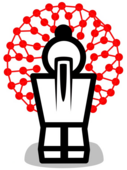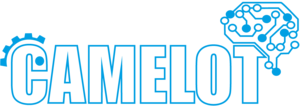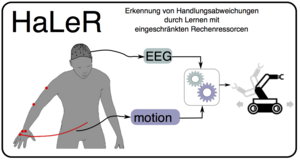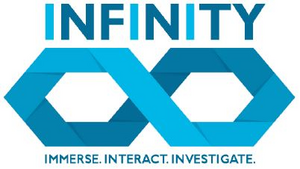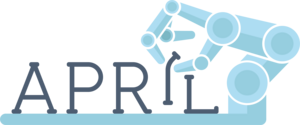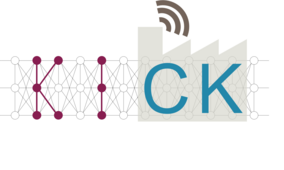
Research Departments
- Agents and Simulated Reality 10
- Augmented Vision 6
- Cognitive Assistants 15
- Cooperative and Autonomous Systems 1
- Cyber-Physical Systems 5
- Data Science and its applications 1
- Educational Technology Lab 4
- Embedded Intelligence 5
- Experience-based Learning Systems 1
- Innovative Factory Systems 4
- Institute for Information Systems 4
- Intelligent Analytics for Massive Data 2
- Intelligent Networks 1
- Interactive Machine Learning 8
- Marine Perception 2
- Neuro-mechanistic Modeling 1
- Robotics Innovation Center 16
- Smart Data & Knowledge Services 9
- Smart Enterprise Engineering 3
- Smart Service Engineering 5
- Speech and Language Technology 7
Research Topics
- Autonomous Systems 23
- Data Management & Analysis 30
- Human-Machine Interaction
- IT Security 3
- Image Recognition & Understanding 18
- Language & Text Understanding 17
- Machine Learning & Deep Learning
- Other 10
- Robotics 25
- Sensors & Networks 15
- Virtual & Augmented Reality 15
Fields of application
- Environment & Energy 15
- Farming & Agricultural Technology 5
- Financial Sector 6
- Health & Medicine 30
- Industrie 4.0 36
- Knowledge & Business Intelligence 16
- Learning & Education 24
- Mobility 17
- Other 21
- Smart Home & Assisted Living 11
- Trade & Logistics 15
Search narrowed by:
Displaying results 61 to 70 of 86.
Research Departments
- Agents and Simulated Reality 10
- Augmented Vision 6
- Cognitive Assistants 15
- Cooperative and Autonomous Systems 1
- Cyber-Physical Systems 5
- Data Science and its applications 1
- Educational Technology Lab 4
- Embedded Intelligence 5
- Experience-based Learning Systems 1
- Innovative Factory Systems 4
- Institute for Information Systems 4
- Intelligent Analytics for Massive Data 2
- Intelligent Networks 1
- Interactive Machine Learning 8
- Marine Perception 2
- Neuro-mechanistic Modeling 1
- Robotics Innovation Center 16
- Smart Data & Knowledge Services 9
- Smart Enterprise Engineering 3
- Smart Service Engineering 5
- Speech and Language Technology 7
Research Topics
- Autonomous Systems 23
- Data Management & Analysis 30
- Human-Machine Interaction
- IT Security 3
- Image Recognition & Understanding 18
- Language & Text Understanding 17
- Machine Learning & Deep Learning
- Other 10
- Robotics 25
- Sensors & Networks 15
- Virtual & Augmented Reality 15
Fields of application
- Environment & Energy 15
- Farming & Agricultural Technology 5
- Financial Sector 6
- Health & Medicine 30
- Industrie 4.0 36
- Knowledge & Business Intelligence 16
- Learning & Education 24
- Mobility 17
- Other 21
- Smart Home & Assisted Living 11
- Trade & Logistics 15
